Eyelid surgery, or blepharoplasty, is becoming an increasingly popular way to freshen up the appearance of the eyes, especially for those feeling like droopy lids or puffiness are ageing them prematurely. However, deciding to go under the knife is no small thing, so if you’re considering this procedure in the UK, it’s worth understanding every aspect before making any decisions.
What Is Eyelid Surgery?
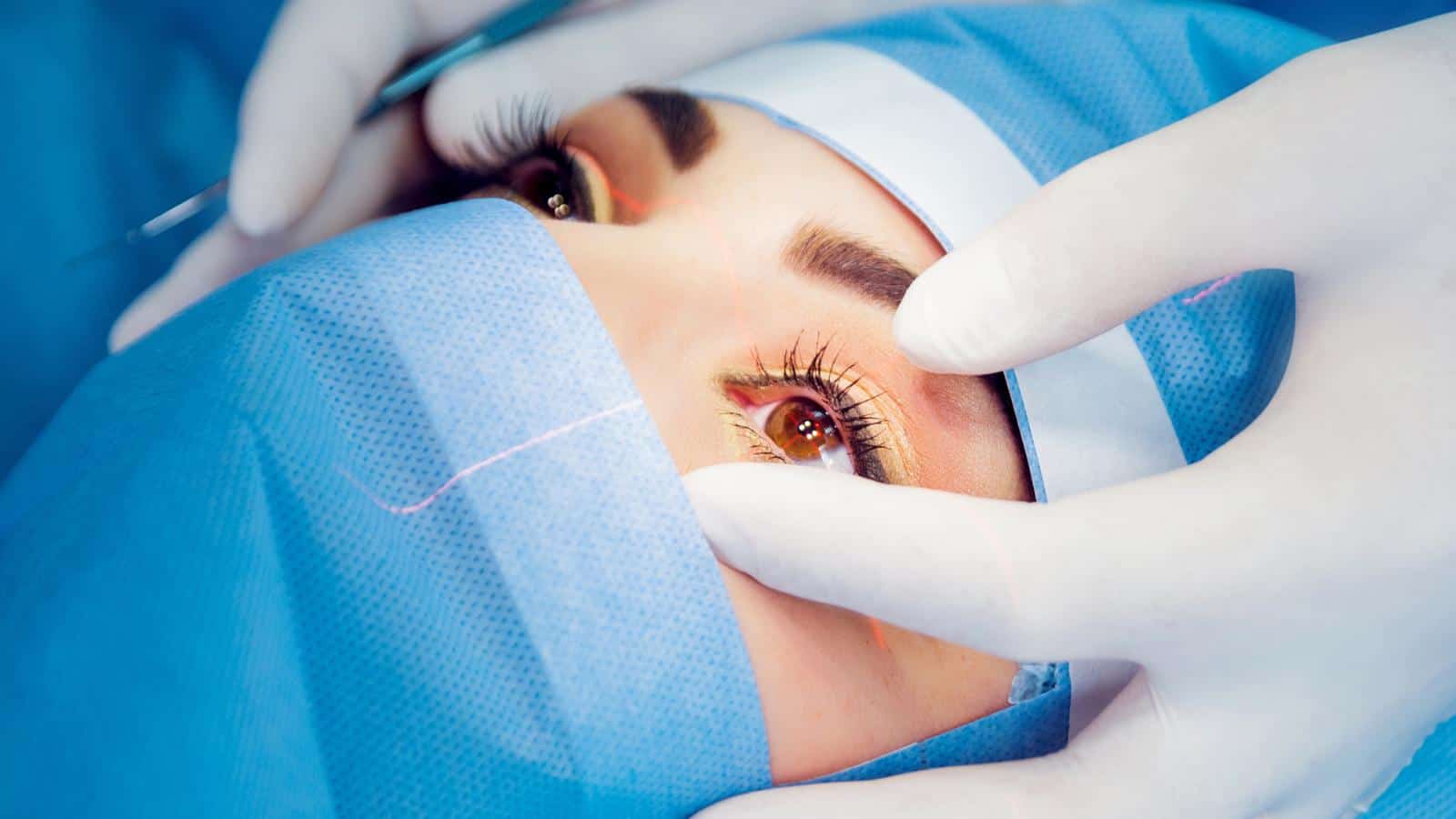
Eyelid surgery, also known as blepharoplasty, is a cosmetic procedure designed to target the skin, fat, or muscle around the upper or lower eyelids. Over time, many people notice that their eyelids begin to sag or appear puffy, which can make them look older or more tired than they feel, so this treatment is aimed at restoring a refreshed, natural look to the eyes.
Why Do People Opt for Eyelid Surgery?
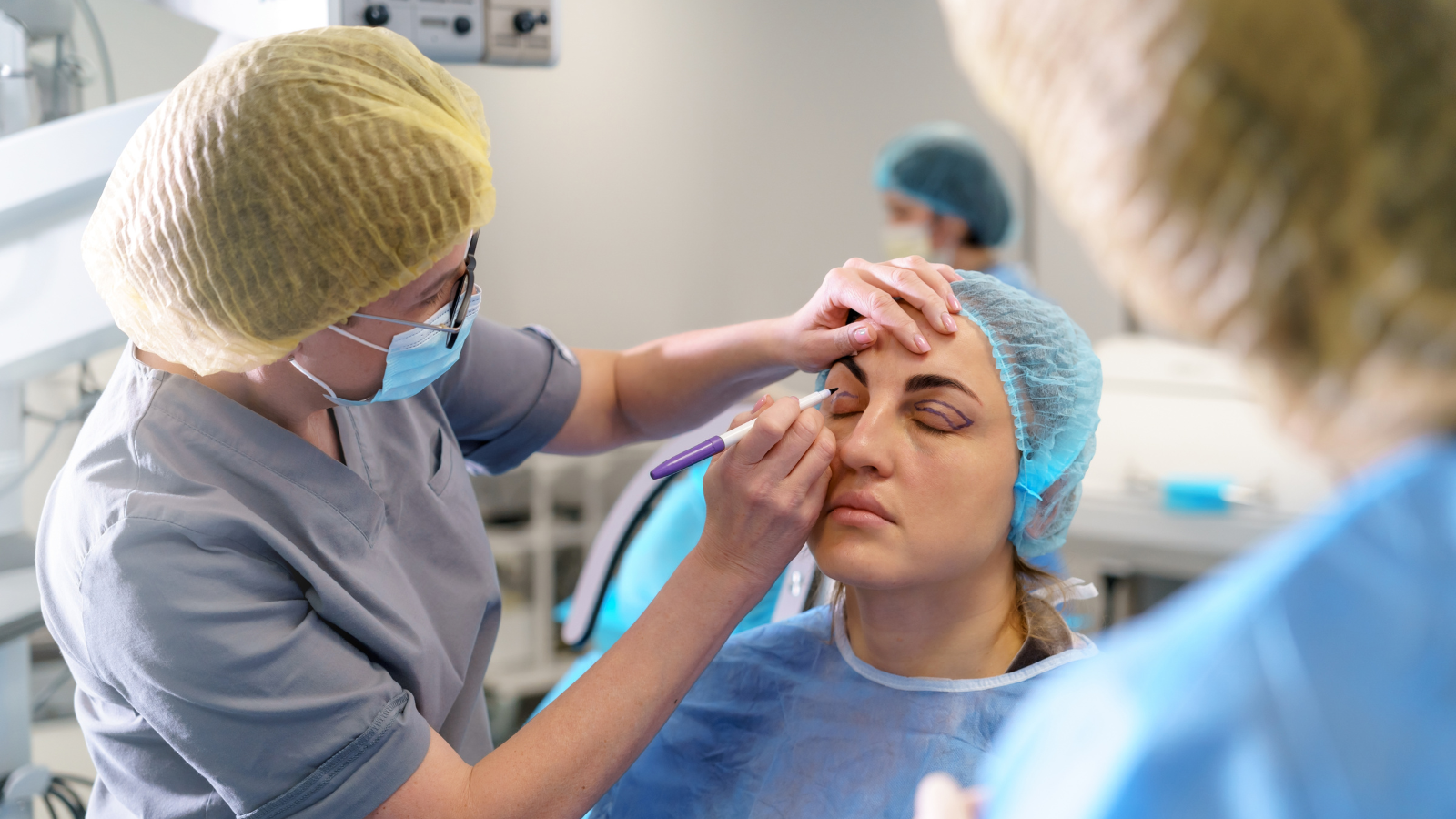
There are plenty of reasons why someone might choose eyelid surgery; for some, it’s purely about appearance—lifting saggy skin, smoothing out wrinkles, or removing that persistent puffiness under the eyes—while for others, it’s a practical solution for drooping eyelids that can make it harder to see clearly. Whatever the motivation, the goal is usually to feel more confident and comfortable.
Is Eyelid Surgery Right for You?
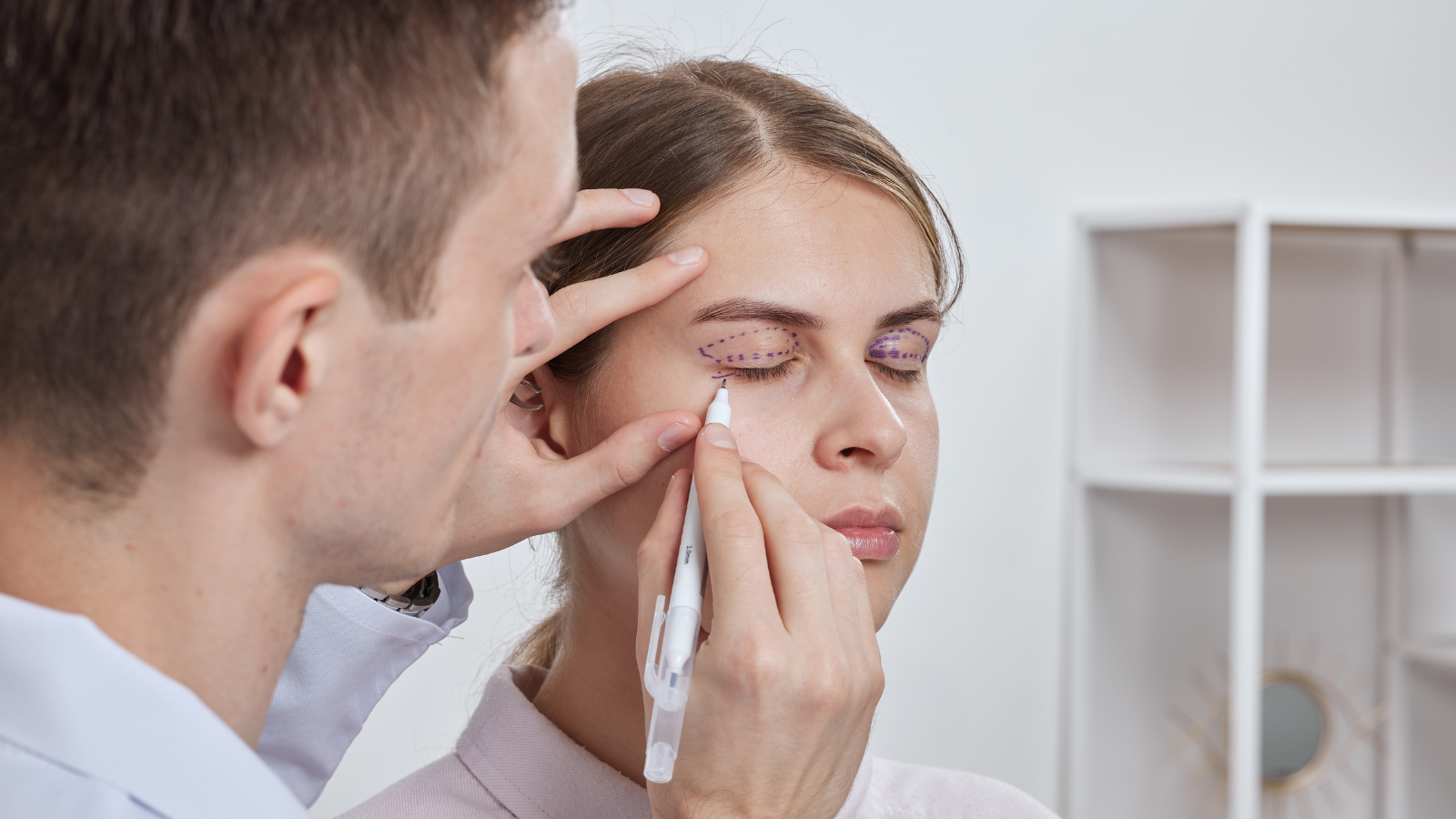
Not everyone is an ideal candidate for eyelid surgery, so it’s important to think carefully and have an honest discussion with a qualified surgeon. Generally, the best candidates are in good overall health, don’t smoke, and have realistic expectations about what the surgery can achieve; remember, it’s not a magical fountain of youth, but it can make a significant difference if saggy or drooping eyelids are bothering you.
How Much Does Eyelid Surgery Cost in the UK?

The cost of eyelid surgery in the UK can vary quite a bit depending on where you go and who you choose, but typically, you’re looking at anywhere from £2,000 to £6,000 for private treatment. However, this is a general estimate, as actual costs can vary based on factors such as specific procedure (upper, lower, or both eyelids), the surgeon’s expertise, and the clinic’s location.
What Are the Risks Involved?

Like any surgical procedure, eyelid surgery does come with potential risks, even if they’re relatively rare, which can include infection, bleeding, scarring, or changes in sensation around the eyelid. More specific risks could involve dry eyes, difficulty closing your eyes fully, or in very rare cases, issues with your vision.
What Happens During the Procedure?
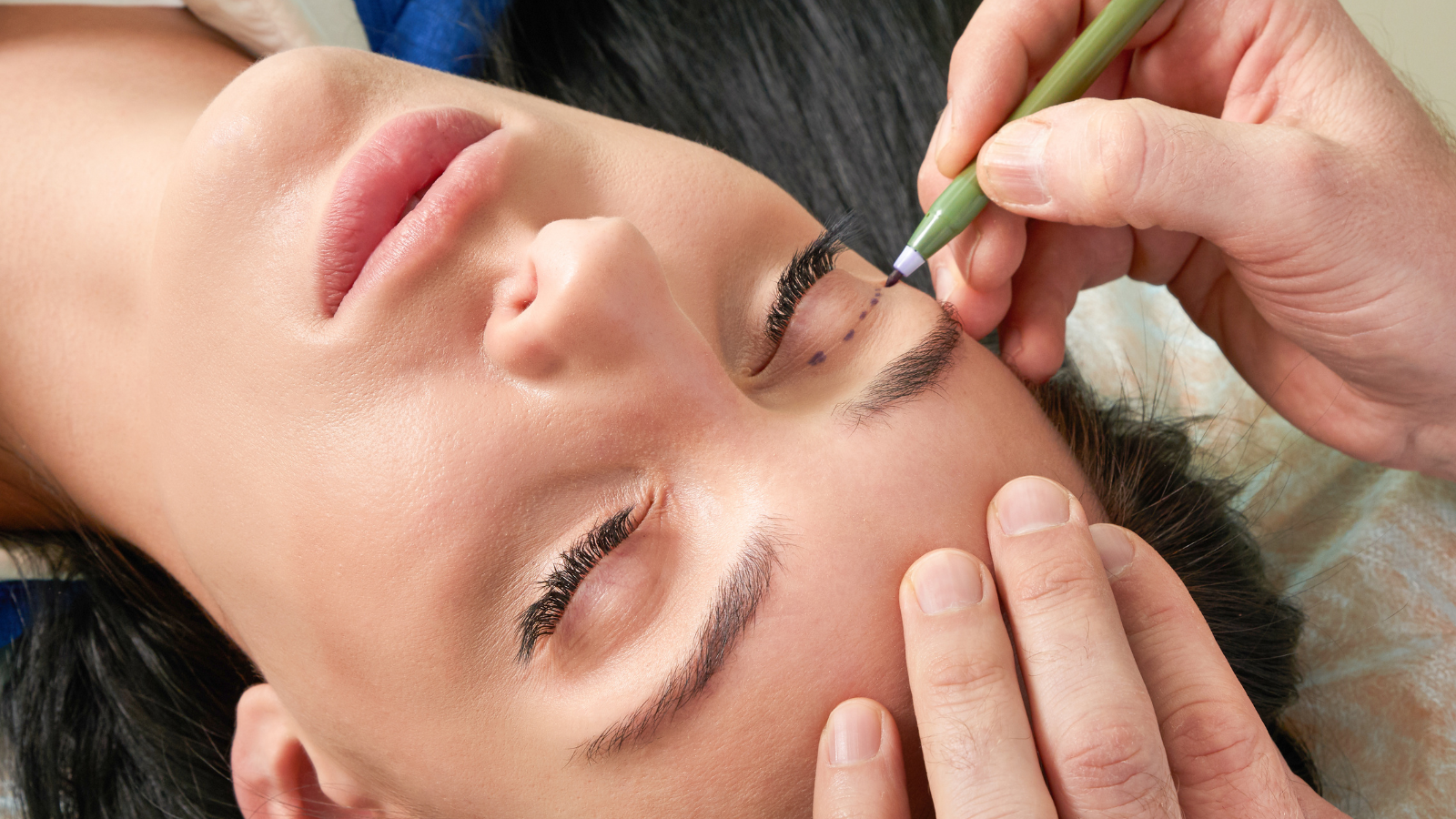
The actual surgery is fairly straightforward but varies depending on whether you’re having work done on the upper lids, lower lids, or both, and you’ll usually be under local anaesthesia with sedation, though general anaesthesia might be used for more complex cases. The surgeon will make small incisions along the natural creases of your eyelids, remove or reposition fat and skin, and then stitch everything back up carefully.
Will the Results Look Natural?
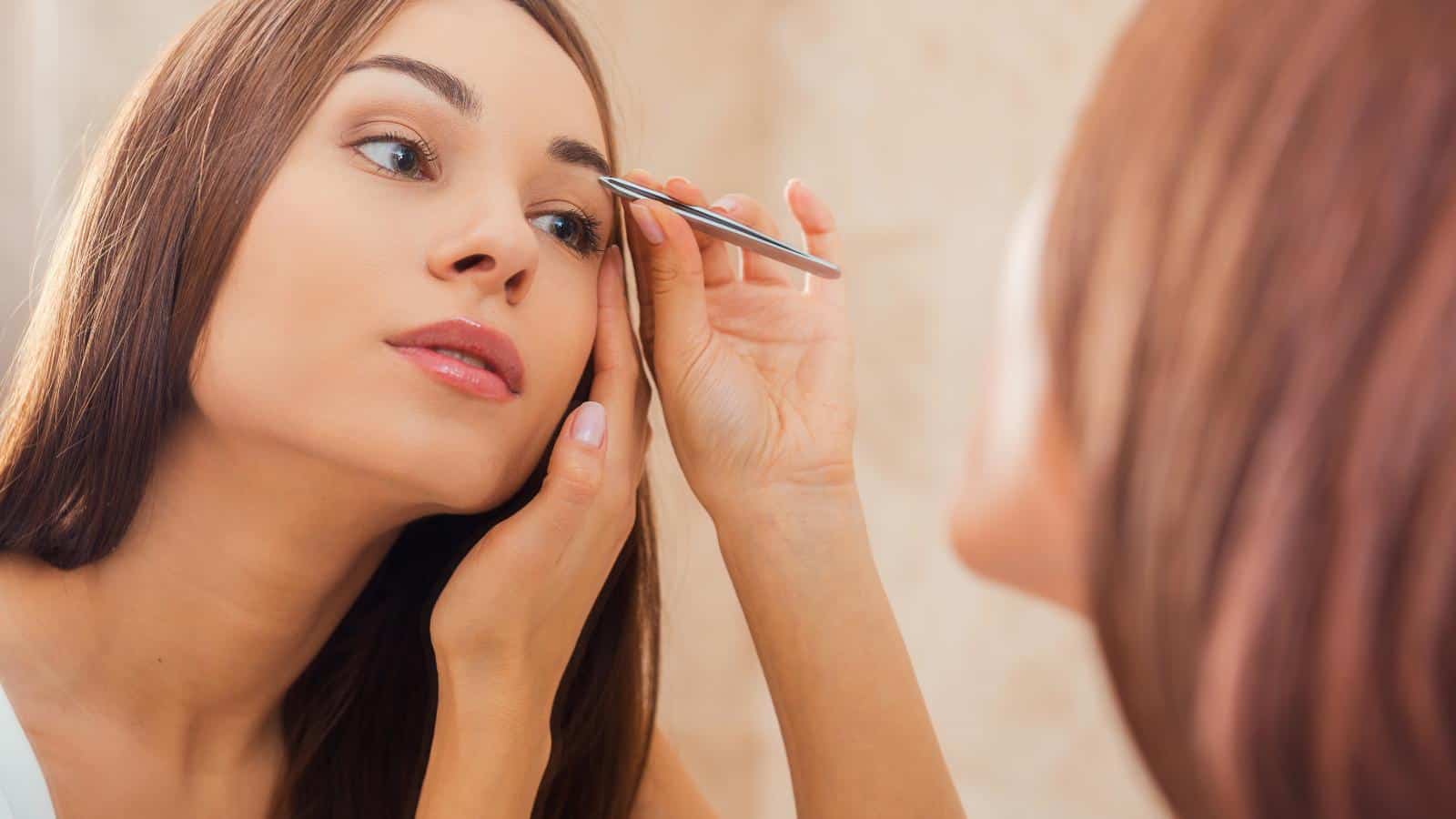
One of the biggest concerns people have is whether they’ll look “done” after surgery, and the good news is that when performed by a skilled surgeon, eyelid surgery often results in a refreshed, natural look rather than something dramatic or artificial. Instead of looking like you’ve had work done, you’re more likely to hear people say you look well-rested or rejuvenated.
How Long Does Recovery Take?

Recovery from eyelid surgery is generally quicker than many people expect, but it still requires some patience, as most people take about one to two weeks off work to let swelling and bruising settle down. Individual recovery times can always vary, however, and you’ll likely experience some discomfort, sensitivity to light, and tightness around the eyes in the first few days.
Can You Combine Eyelid Surgery with Other Treatments?

Many people choose to combine eyelid surgery with other cosmetic procedures for a more comprehensive transformation. Treatments like brow lifts, facelifts, or skin resurfacing are popular add-ons that complement the effects of blepharoplasty; for instance, if your brow is also drooping, combining a lift with your eyelid surgery can create a much more harmonious result.
How to Find a Qualified Surgeon in the UK

Choosing the right surgeon is one of the most important decisions you’ll make, so you’ll want to look for someone who is registered with the General Medical Council (GMC) and preferably a member of the British Association of Aesthetic Plastic Surgeons (BAAPS). It’s worth taking the time to check reviews, ask to see before-and-after photos, and even get a second opinion if you’re unsure
What Questions Should You Ask During a Consultation?

When you meet with a surgeon, come prepared with a list of questions to make the most of your consultation, because you should aim to ask about their experience with eyelid surgery, how often they perform the procedure, and what their complication rate is. You might also want to know what the recovery process will look like, whether there are any non-surgical alternatives, and what happens if you’re unhappy with the results.
What Should You Do Before Surgery?

Preparation is key to ensuring a smooth surgery and recovery, and your surgeon will give you specific instructions, which might include stopping certain medications, avoiding alcohol, and quitting smoking well in advance. You’ll also need to arrange transport for the day of the procedure, as you won’t be able to drive yourself home.
How to Manage Pain and Discomfort After Surgery

Post-surgery discomfort is usually minimal and can often be managed with paracetamol or ibuprofen. You’ll likely be given ointments or drops to keep your eyes lubricated, which helps with irritation, and using a cold compress during the first 48 hours can also reduce swelling and bruising, while remembering to rest.
Will You Have Scars?
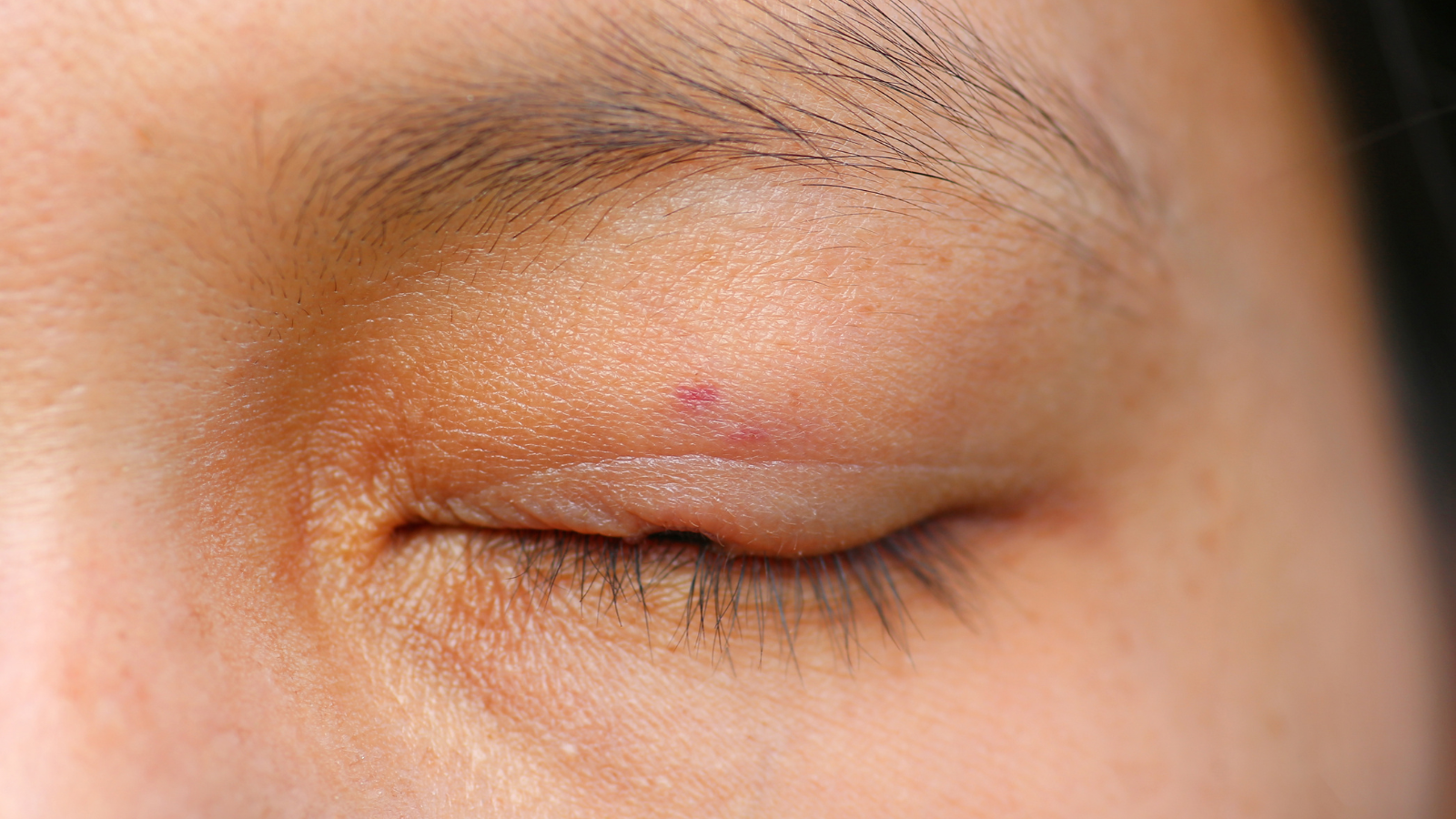
Scarring is a natural part of any surgery, but eyelid surgery scars are usually very small and fade significantly over time, because surgeons are careful to place incisions in areas where scars are less noticeable, like the natural creases of the eyelids or under the lash line. With proper care—such as keeping the area clean, avoiding sun exposure, and using recommended scar treatments—your scars will likely be barely visible after a few months.
Are the Results Permanent?
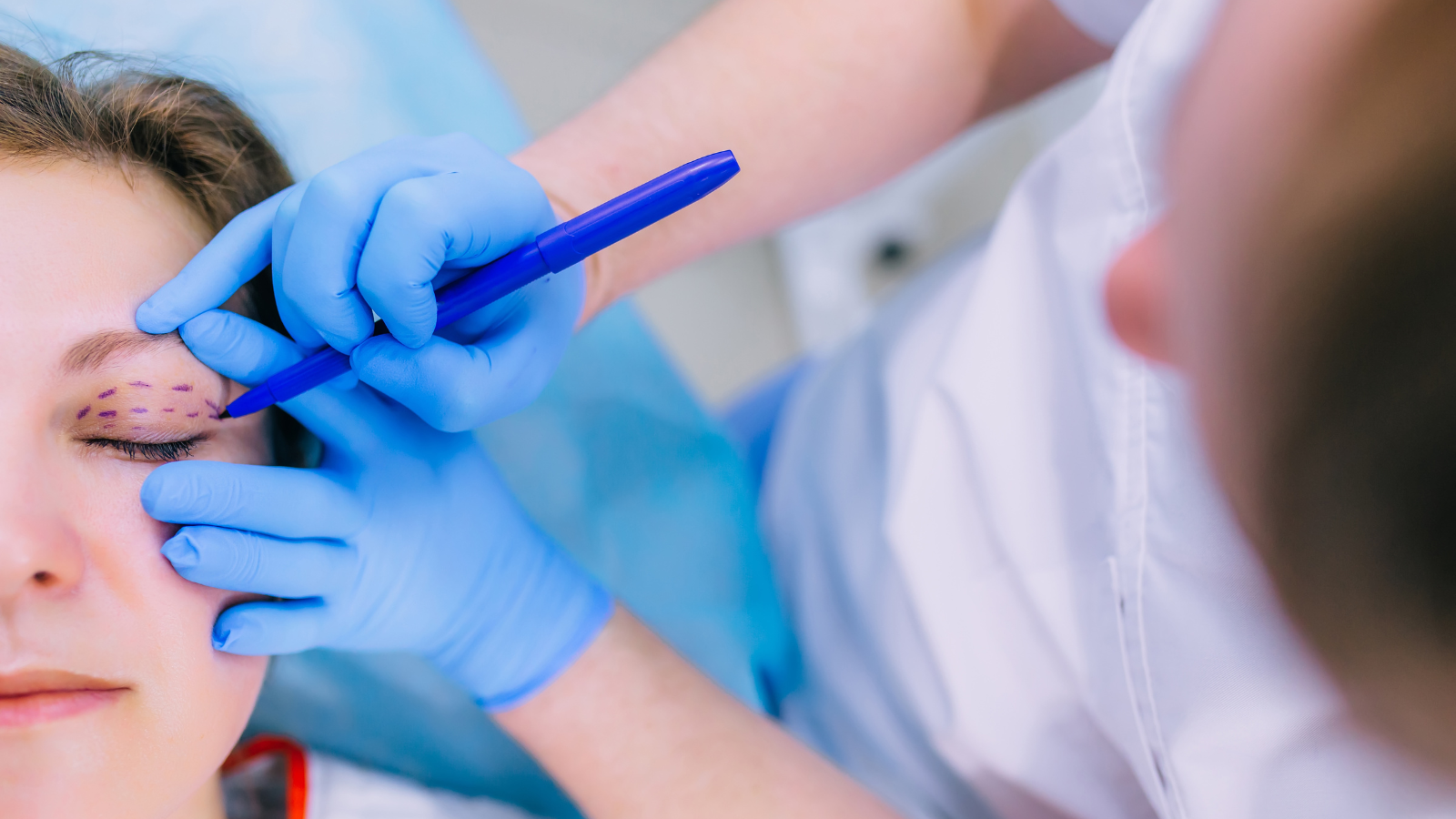
Eyelid surgery can deliver long-lasting results, but it doesn’t stop the ageing process. Over time, your skin will naturally lose elasticity, and other signs of ageing may appear; however, the improvements made during surgery can still last for many years, often five to ten or more, but it’s important to note that factors like skin elasticity and lifestyle can influence the longevity of the results.
What Are the Alternatives to Eyelid Surgery?
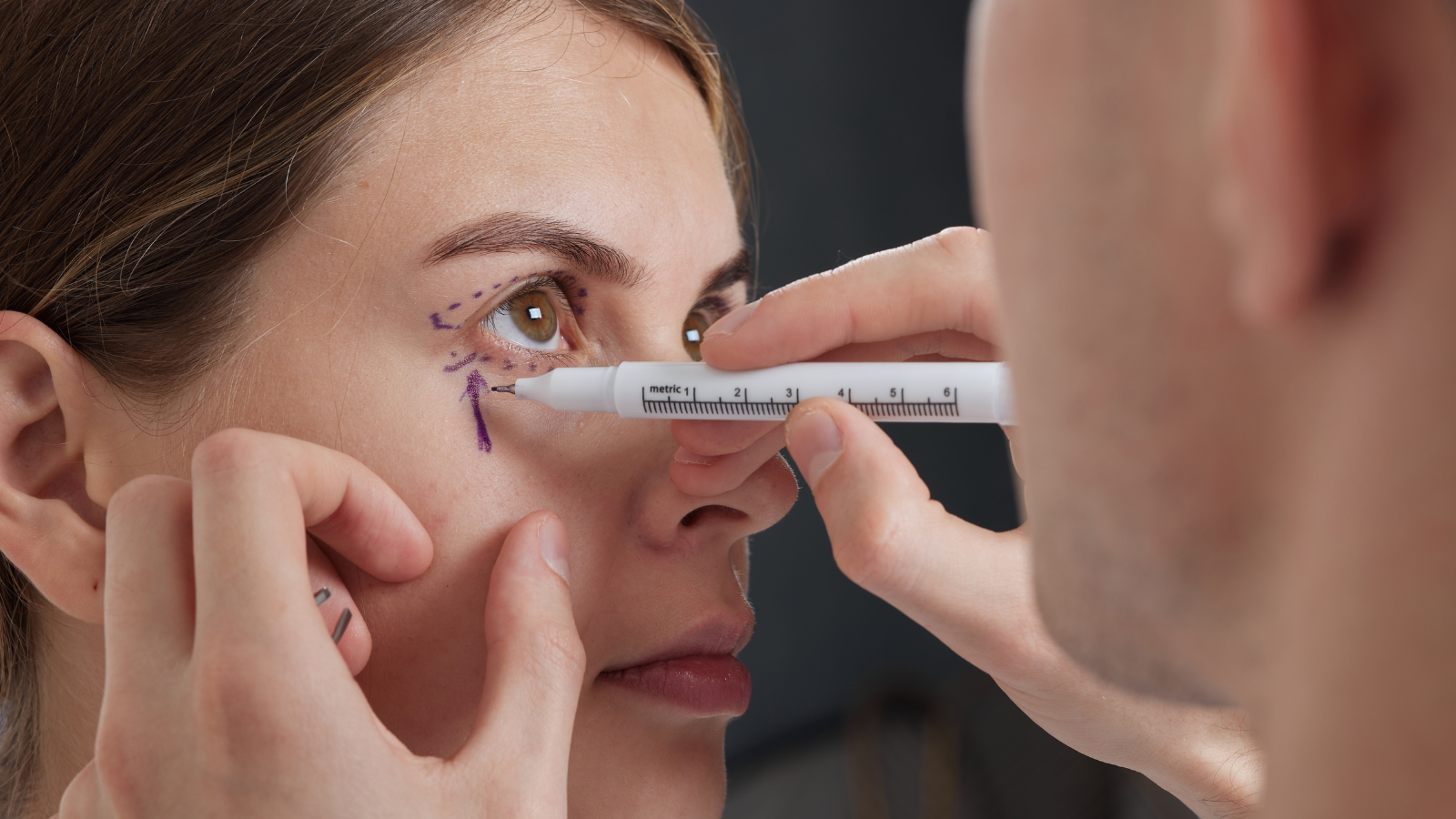
If you’re hesitant about surgery, there are non-invasive options that might be worth exploring, such as dermal fillers, which can help smooth out hollows under the eyes, or laser treatments that can tighten skin and improve texture. These alternatives are generally less expensive and have minimal downtime, but the results are more subtle.
Does Age Matter for Eyelid Surgery?

There’s no perfect age for eyelid surgery—it’s more about the specific concerns you’re hoping to address, as many people in their 40s to 60s opt for the procedure to combat signs of ageing, but younger patients sometimes pursue it to correct genetic traits like heavy eyelids or under-eye bags.
How to Set Realistic Expectations

Going into eyelid surgery with realistic expectations is crucial for feeling happy with the results, and it’s important to understand that while the procedure can make you look refreshed and more youthful, it won’t make you look like someone else or stop you from ageing altogether. Think of it as a way to turn back the clock a bit, not freeze it.

